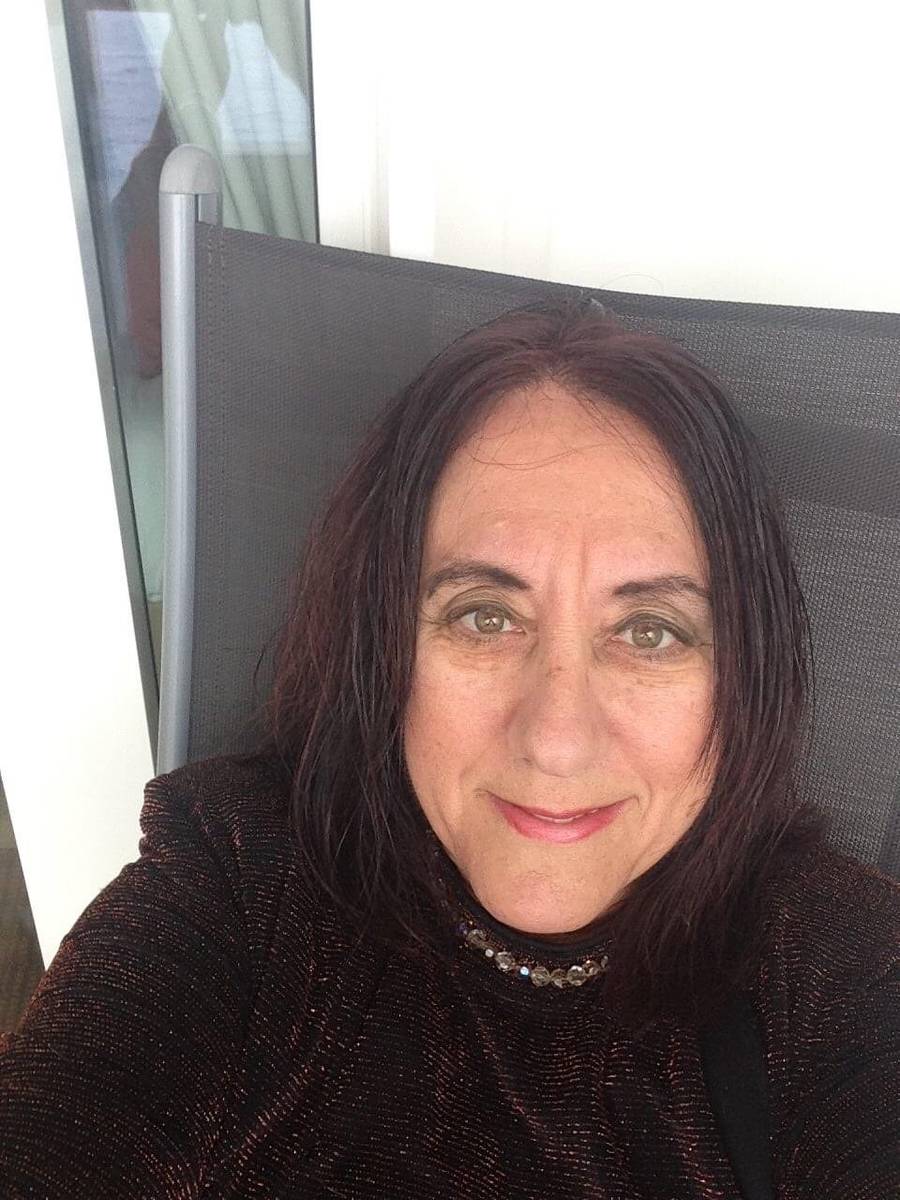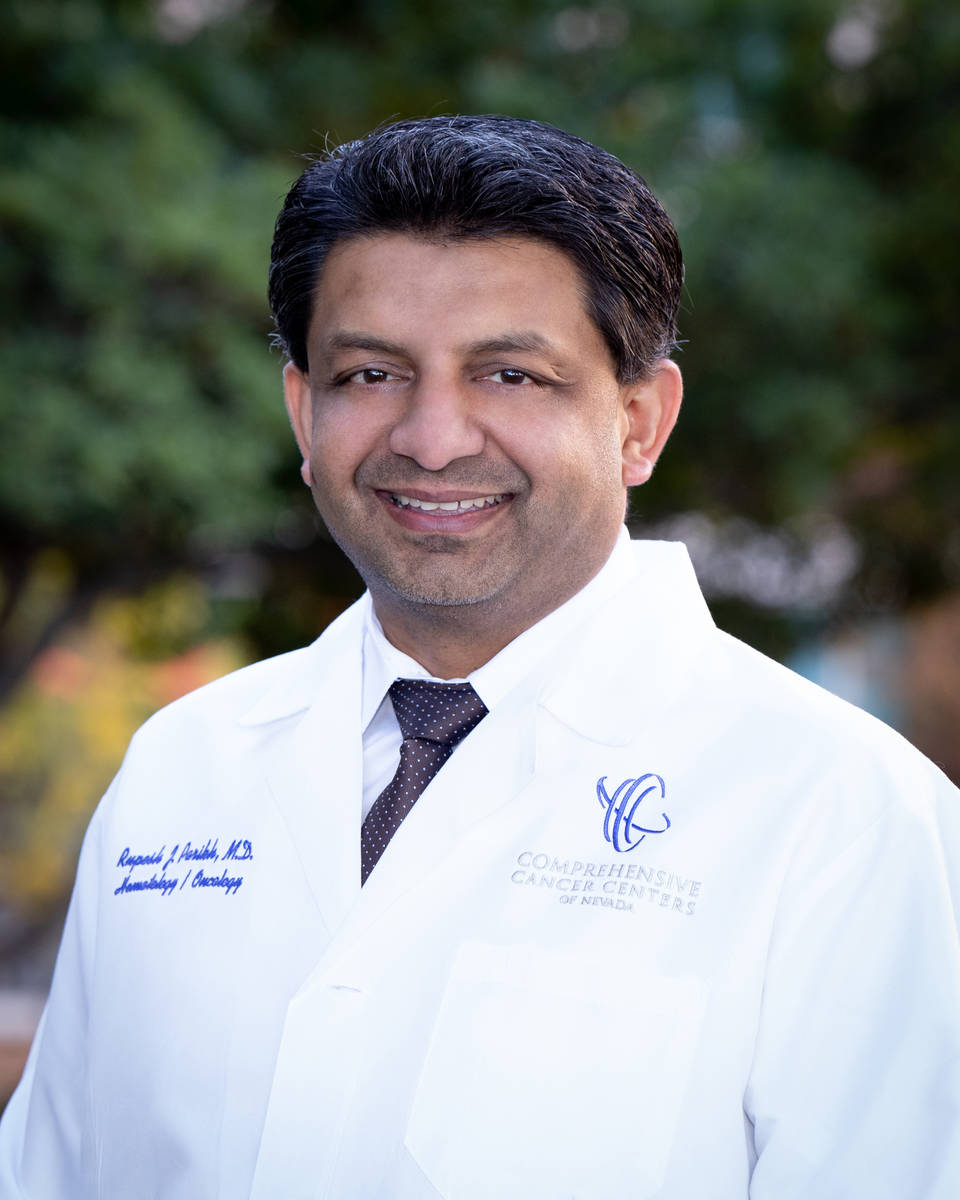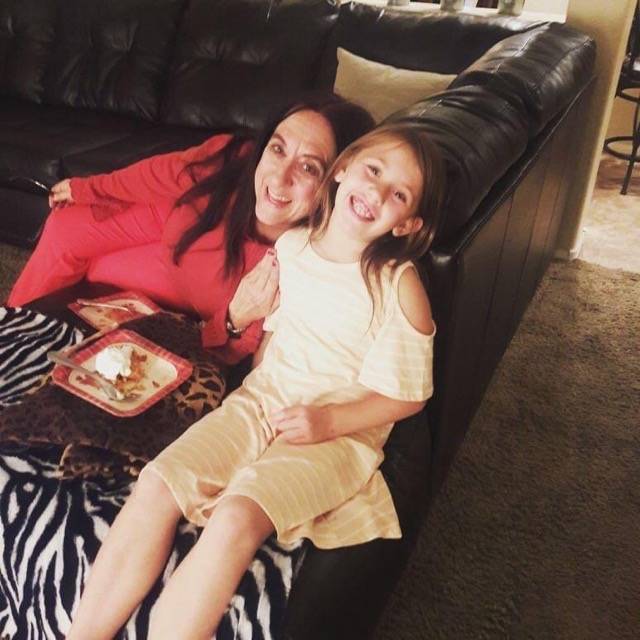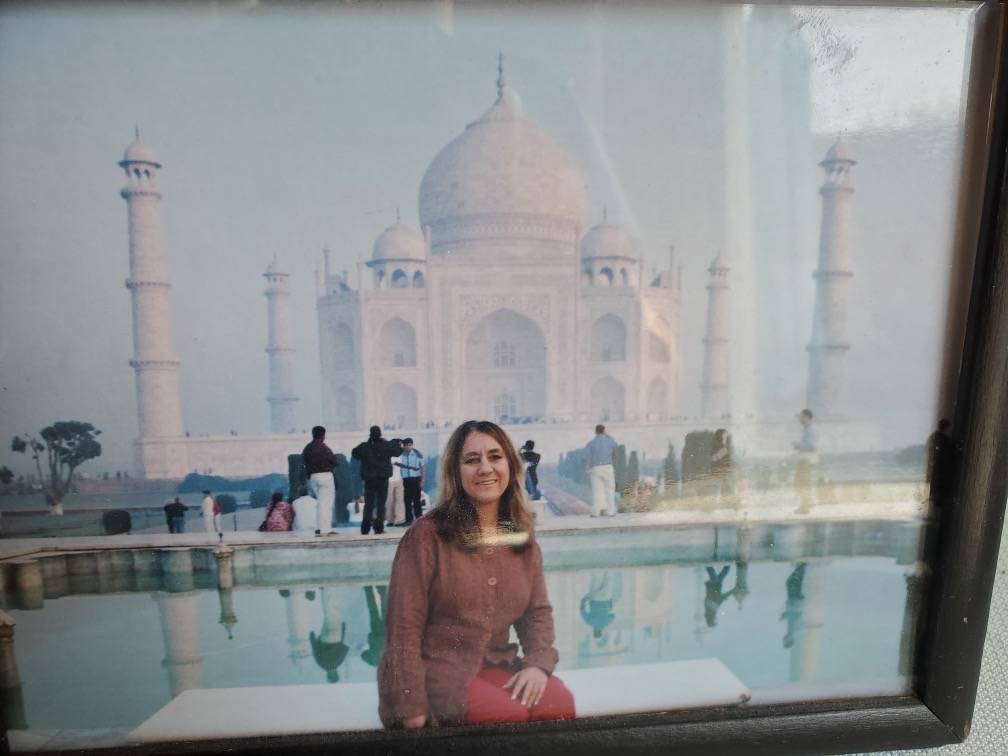Early diagnosis key to successful breast cancer treatment
Franceen Locks has a trip to Italy planned for next September. Before she goes, however, the 73-year-old retired radiation therapist has some important work to take care of.
First, she’ll need to be reassured she has beaten two aggressive breast cancers, which so far she has done. Then she’ll need a double mastectomy and reconstruction procedure as well.
Calm and confident, Locks has beaten the odds in her cancer journey, and she frequently points to early diagnosis as one of the key reasons for her positive outcomes.
“My message to others is live your life to its fullest. Do it now. Don’t do it later. (And) trust your doctor and whatever he or she says. All the tests, the treatments (and) don’t be afraid of chemotherapy,” she said.
A unique journey
During a routine annual exam in June, Locks’ mammogram revealed two lumps in her left breast. Her care team moved quickly with further testing and soon triple-negative breast cancer was discovered, an aggressive form of cancer.
Locks was referred to Rupesh Parikh, a medical oncologist and practice president with Comprehensive Cancer Centers of Nevada, who chose to begin chemotherapy treatment to reduce tumor size prior to surgery. As part of his treatment plan, Dr. Parikh ordered an MRI and was surprised to discover a suspicious area in the right breast as well.
“I didn’t feel comfortable just watching it,” he said.
A biopsy revealed HER2-positive and ER-positive breast cancer in the right breast. It was a different type of cancer from what was found in the left breast, but still very aggressive.
“You don’t usually find two separate cancers at the same time with a patient. It’s maybe 1 percent or less. Usually, you see the same type of cancer spread to the other side,” Parikh said.
He chose to complete the chemotherapy treatment for the left breast, after which he began using Herceptin, a targeted drug therapy for HER2-positive cancer for the right breast. Locks has responded well to both treatments, and tests now indicate she is in remission. Locks has scheduled her double mastectomy for this month and will later undergo a reconstruction.
“I was really impressed with how fast they moved on my case without even knowing it was going to be these rare forms of cancer,” Locks said.
Individualized care
Locks said her care experience was positive in many ways. The care team moved quickly to set her up with a wide range of tests to rule out if and/or where the cancer may have spread. She saw a nutritionist, and the overall process involving so many different examinations and tests was surprisingly smooth.
“They treated my case with a lot of passion and dedication,” she said.
It’s part of the patient-centered approach Parikh embraces in his practice. Nurse navigators and other physicians on the care team are in constant contact. The goal is to move through a complex process efficiently, without wasting time and resources, while being sensitive to the needs of patients and their families.
“When you’re going through cancer treatment there’s a lot going on,” the doctor said. “I don’t believe in the word ‘no’ when it comes to patient care. I always say ‘We’ll figure it out’ or ‘Let’s see how we can help you.’ … Franceen comes from a medical background herself, so she knew the process a little bit from the get-go. She wanted to beat this; her drive is phenomenal, which always helps. She refused to get sick and hasn’t gotten sick. She also has a great support system.”
Traveling again
Locks is an active senior. She kept up her daily 2-mile walks, even during chemotherapy treatments, and her love for travel and spending time with friends and family is evident. Her love for travel was nurtured by years of engaging with patients as a radiation therapist.
“Before COVID, I traveled extensively. … It gives you a different perspective on life,” she said. “I spent 40 years (as a radiation therapist) listening to people at the end of their lives. … They would tell me about their travels and I thought, ‘Someday I’m going to travel, too.’”
Since then, she has been to South America, Turkey, Israel, China, India, New Zealand, Africa, Europe and on numerous cruises.
Early detection is a big reason for Locks’ success, and both she and Parikh advise others who may have gotten off schedule with their routine health exams to get back on track.
“With the COVID pandemic, 40 percent of all routine screening tests are postponed, delayed or forgotten,” Parikh said. “We need to remind people of that. … Cancer doesn’t sleep. … It’s important to resume screening so that it’s not too late. Screening saves lives.”





















